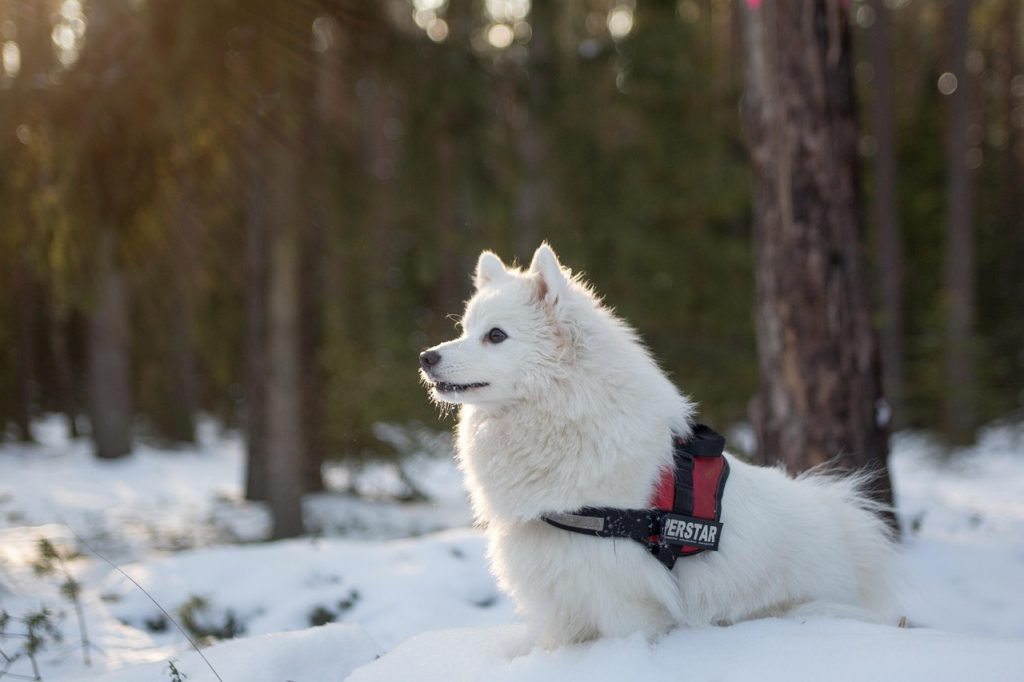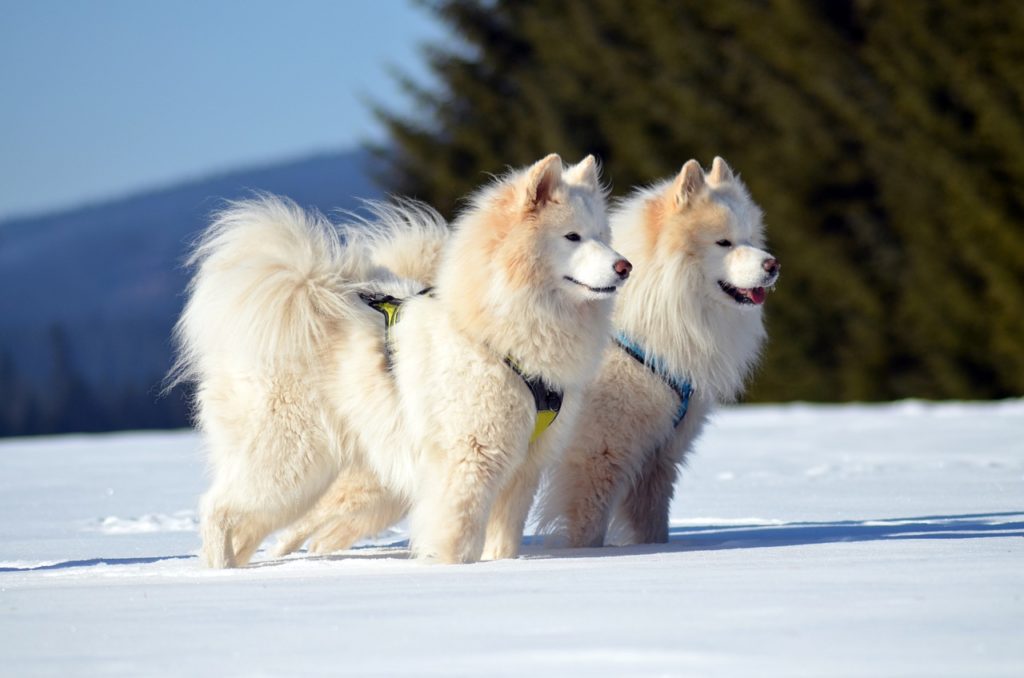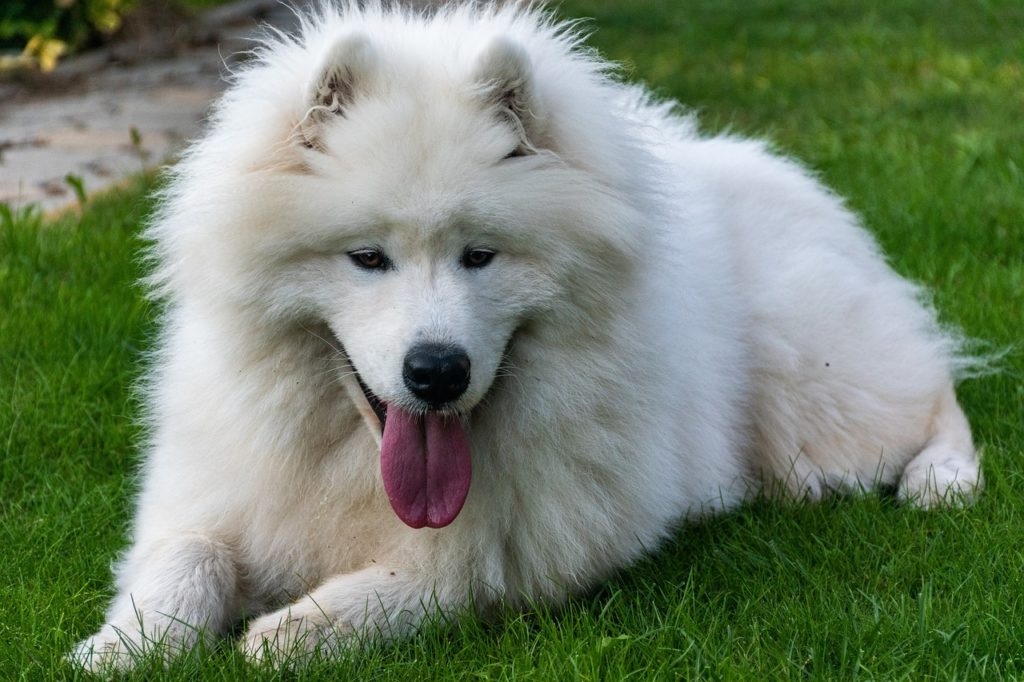Introduction
If you want a furry friend to bring you happiness and companionship, look no further than the Samoyed breed! These fluffy, white dogs were originally bred to assist their owners in harsh, cold environments, but their adorable looks and sweet temperament have made them a popular choice as a family pet. In this post, we’ll delve into the history, physical characteristics, temperament, health, and food requirements of Samoyeds. It may be the perfect breed for you!
History
The Samoyed breed originated in Siberia, where they were employed as sled dogs by the Samoyede people. Samoyeds were used to herd reindeer, pull sleds, and guard homes. They were admired for their loyalty, strength, and endurance. The first Samoyeds arrived in England in the late 1800s, and the breed was officially recognized by the American Kennel Club in 1906.
Physical Characteristics
Samoyeds are medium-sized dogs, with males typically weighing between 45 and 65 pounds, and females weighing between 35 and 50 pounds. Their thick, fluffy coat is white or cream-colored, which helps them stay warm in colder environments. However, their coat does shed quite a bit, so regular grooming is necessary to maintain its condition. Samoyeds are easily identifiable by their distinctive “smiling” expression, almond-shaped eyes, and black lips that curve upwards at the corners.
Temperament
One of the most appealing traits of Samoyeds is their sociable and friendly nature. They love spending time with their owners and are great with children. Their high intelligence and eagerness to please also make them relatively easy to train, although they can be stubborn at times. Samoyeds have a strong prey drive, so they may not be suitable for households with smaller pets such as cats or rabbits.
Health
Like all dog breeds, Samoyeds are susceptible to certain health issues. Common health problems that Samoyeds may encounter include hip dysplasia, eye problems, and allergies. Regular veterinary checkups are important to ensure your Samoyed stays healthy and happy. Samoyeds are also prone to obesity, so monitoring their diet and exercise regularly is essential.
Food
Choosing a high-quality dog food specifically formulated for Samoyed’s needs is critical. As an active breed, they need a balanced diet that provides them with the energy they require to run and play. Additionally, it’s important to regulate their portion sizes and avoid overfeeding, as obesity can lead to various health problems. If you’re uncertain about what to feed your Samoyed, consult your veterinarian for guidance.
Conclusion
Samoyeds are lovely, friendly dogs that make excellent companions for families and individuals alike. Their playful temperament and loyal nature make them a popular pet choice. However, they do need regular grooming and exercise to maintain their health and happiness. If you’re thinking about getting a Samoyed, be sure you’re willing to provide them with the affection and attention they need to flourish.
Image Gallery







